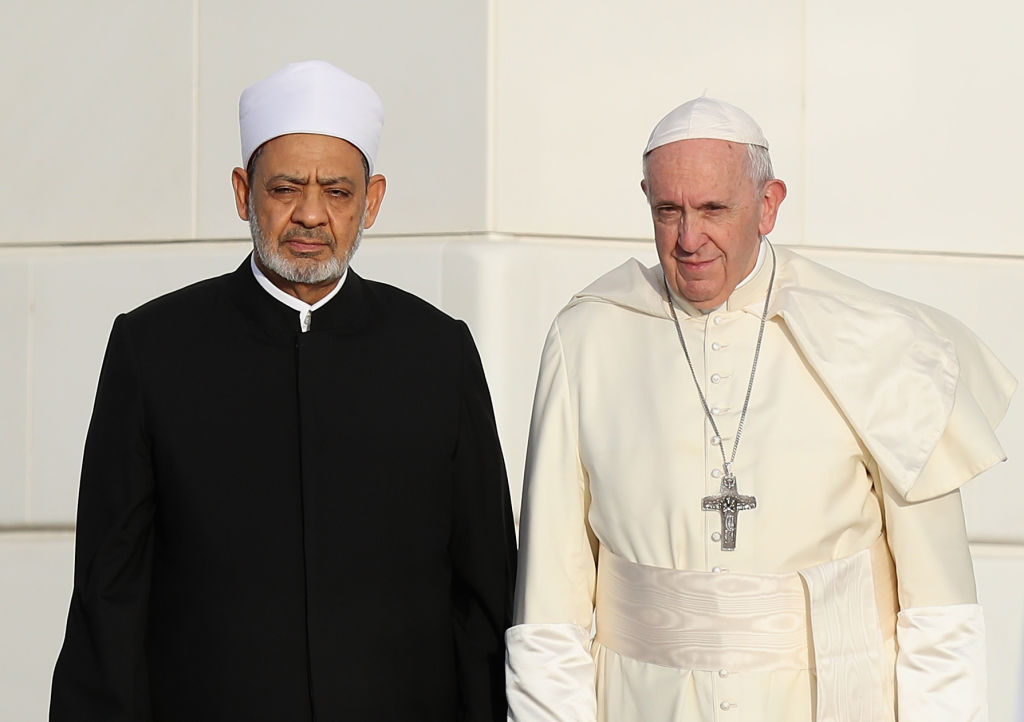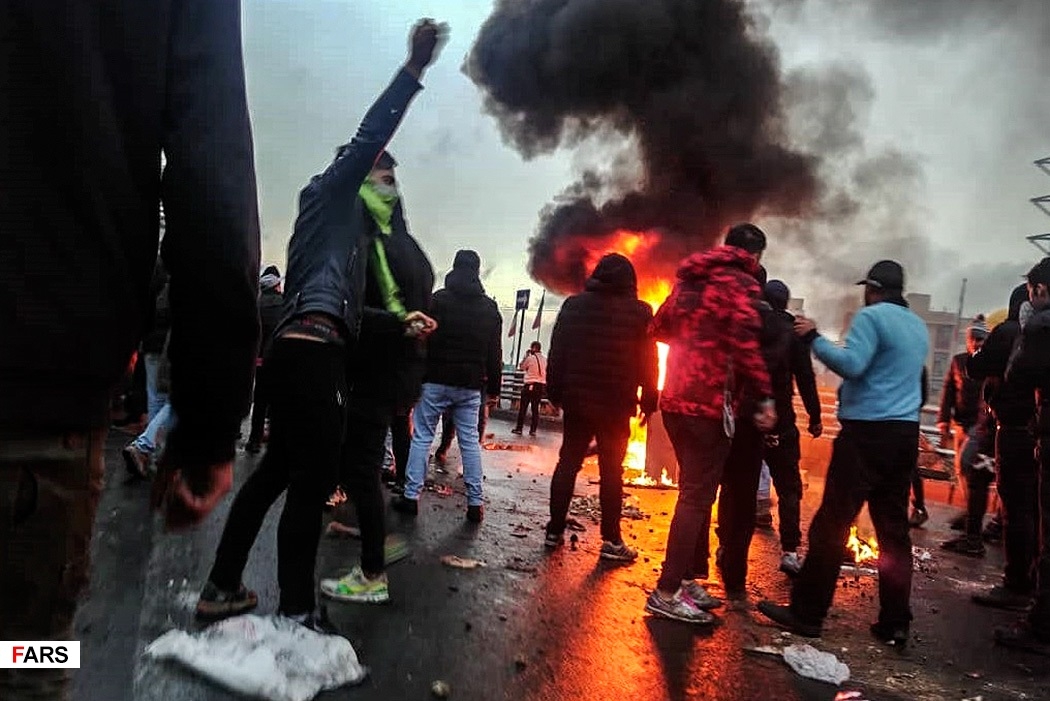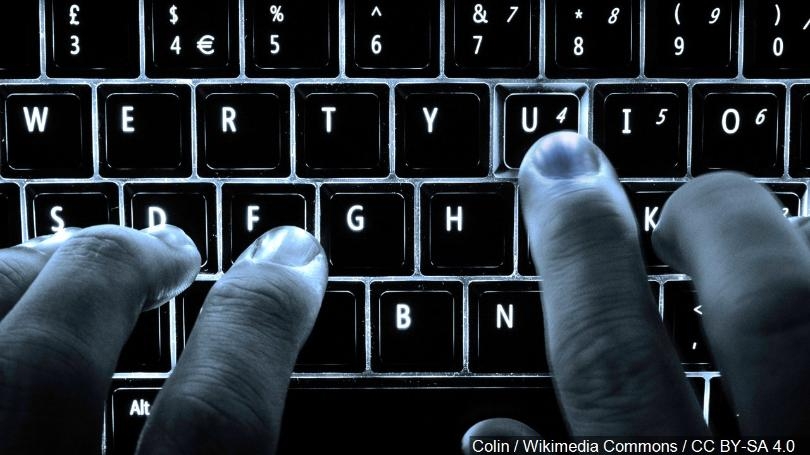In this mailing:
- Giulio Meotti: Pope Francis, 'The Song of Roland' and Imam Al-Tayeb
- Amir Taheri: Iran: Between Samson and Samsung
by Giulio Meotti • December 1, 2019 at 5:00 am
"I have a family of Christians who do not want to convert, what do we do with them?", a jihadist in Iraq asked his superior.
According a new report by Aid to the Church in Need, "over 245 million Christians [are] living in places where they experience high levels of persecution," 4,305 Christians were killed for their faith from 2017 to 2019, and 1,847 churches and other Christian buildings were attacked in the same period. The report states that "within a generation, Iraq's Christian population has shrunk by more than 90 percent."
Christians in Burkina Faso are now being forced to "flee, convert or die".... British Baroness Cox recently discovered, on a fact-finding mission to Nigeria, mass murders of Christians by Muslim extremists (more than 1,000 Christians killed since January and more than 6,000 since 2015).
"The astonishing ignorance of these basic teachings on the part of Pope Francis and his advisors doesn't make for a more harmonious world: it makes for a more dangerous one. Those who buy into their fantasy view... are in for a rude surprise when they encounter the real thing". — William Kilpatrick, Crisis, September 25, 2019.
In Cyprus, Turks have converted 78 churches into mosques. Turkey's President Tayyip Erdogan himself has called to convert -- again -- Hagia Sophia into a mosque.
The West and its religious leaders need to stop repenting and face reality. For the Pope, the head of more than a billion Catholics, it means using his dialogue with Islam to challenge it and ask its leaders, such as Al-Tayeb, to stop threatening Christians. Now, please, in 2019, not in 1209, at the time of the "Song of Roland".

The West and its religious leaders need to stop repenting and face reality. For Pope Francis, the head of more than a billion Catholics, it means using his dialogue with Islam to challenge it and ask its leaders, such as Al Azhar Grand Imam Ahmed Al-Tayeb, to stop threatening Christians. Pictured: The Pope and Al-Tayeb in Abu Dhabi, United Arab Emirates on February 4, 2019. (Photo by Francois Nel/Getty Images)
Two recent incidents in the same week highlighted Pope Francis's upside-down vision about a religion.
Recalling a scene from the famous 11th-century poem "The Song of Roland", in which Christians in Spain threatened Muslims "to choose between baptism or death", Pope Francis recently said, "We must beware of fundamentalist groups; each (religion) has their own. Fundamentalism is a plague and all religions have some fundamentalist first cousin". A few days before that, Pope Francis received the Grand Imam of Al-Azhar, Ahmed Al-Tayeb.
by Amir Taheri • December 1, 2019 at 4:00 am
The daily Kayhan, commonly believed to reflect Khamenei's views, is even calling for gallows to be erected to hang "evil-doers" in public, regardless of the numbers involved.
Khamenei's "Samson option" reminds one of Hermann Goering, the German Nazi grandee who boasted that whenever he faces a cultural problem he cannot understand he reaches for his gun.
One could call this "the Samsung option" as Jahromi, who masterminded the cutting of the Internet for several days to break the uprising's momentum, has a plan to make it difficult if not impossible for millions of poor Iranians to use mobile phones and have access to the Internet. In other words, "Samsung" ought to be treated as a weapon only reserved for the 30 percent of the population that, according to Rouhani, are "content with the good life they have."

As the latest wave of protests in Iran begins to subside, at least for the time being, the Khomeinist ruling elite still appear unable to decide what caused the uprising and how to deal with its consequences. Pictured: Anti-regime protesters in Iran, on November 18, 2019. (Image source: Wikimedia Commons/Fars News/CC BY 4.0)
As the latest wave of protests in Iran begins to subside, at least for the time being, the Khomeinist ruling elite still appear unable to decide what caused the uprising and how to deal with its consequences.
One faction, led by "Supreme Guide" Ali Khamenei, offers a standard analysis that has become the hallmark of the regime's approach to all things political. Khamenei says the uprising was the result of "a deep, broad and very dangerous foreign conspiracy" and nothing else. Moreover, he insists that the only way to deal with its consequences is with an iron fist.
The daily Kayhan, commonly believed to reflect Khamenei's views, is even calling for gallows to be erected to hang "evil-doers" in public, regardless of the numbers involved.
by Gordon G. Chang • November 30, 2019 at 5:00 am
After all these "cybersecurity" rules are in place, no foreign company may encrypt data so that it cannot be read by the Chinese central government and the Communist Party of China. In other words, businesses will be required to turn over encryption keys.
Chinese officials will be permitted, under Chinese law, to share seized information with state enterprises. This means the enterprises will be able to use that information against their foreign competitors.
The American people have an interest in China not taking control of American companies with operations in China--a probable consequence of the application of the December 1 and January 1 measures.
The American people have a vital interest in the protection of American data. Trump should issue such an order immediately.

Beijing's complete visibility into the networks of foreign companies will have extremely disadvantageous consequences. (Photo: Wikimedia Commons.)
On January 1, China's Cryptography Law becomes effective. The legislation follows the December 1 implementation of the Multi-Level Protection Scheme 2.0, issued under the authority of the 2016 Cybersecurity Law.
Together, these measures show Beijing's absolute determination to seize from foreign companies all their communications, data, and other information stored in electronic form in China.
President Trump should use his emergency powers to prohibit American companies from complying with the new rules or from storing data in China.
After all these "cybersecurity" rules are in place, no foreign company may encrypt data so that it cannot be read by the Chinese central government and the Communist Party of China. In other words, businesses will be required to turn over encryption keys.
Companies will also be prohibited from employing virtual private networks to keep data secret, and some believe they will no longer be allowed to use private servers.
|
|
|
No comments:
Post a Comment